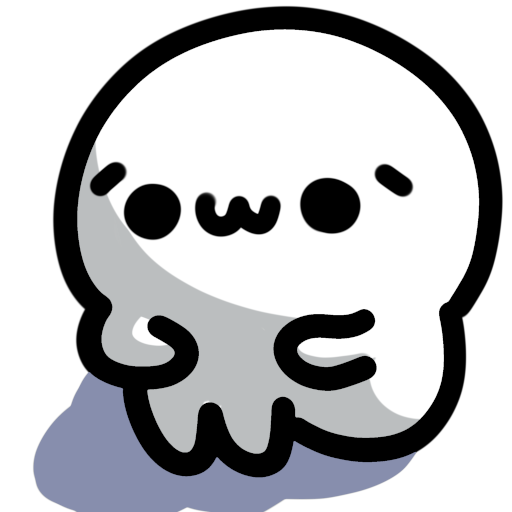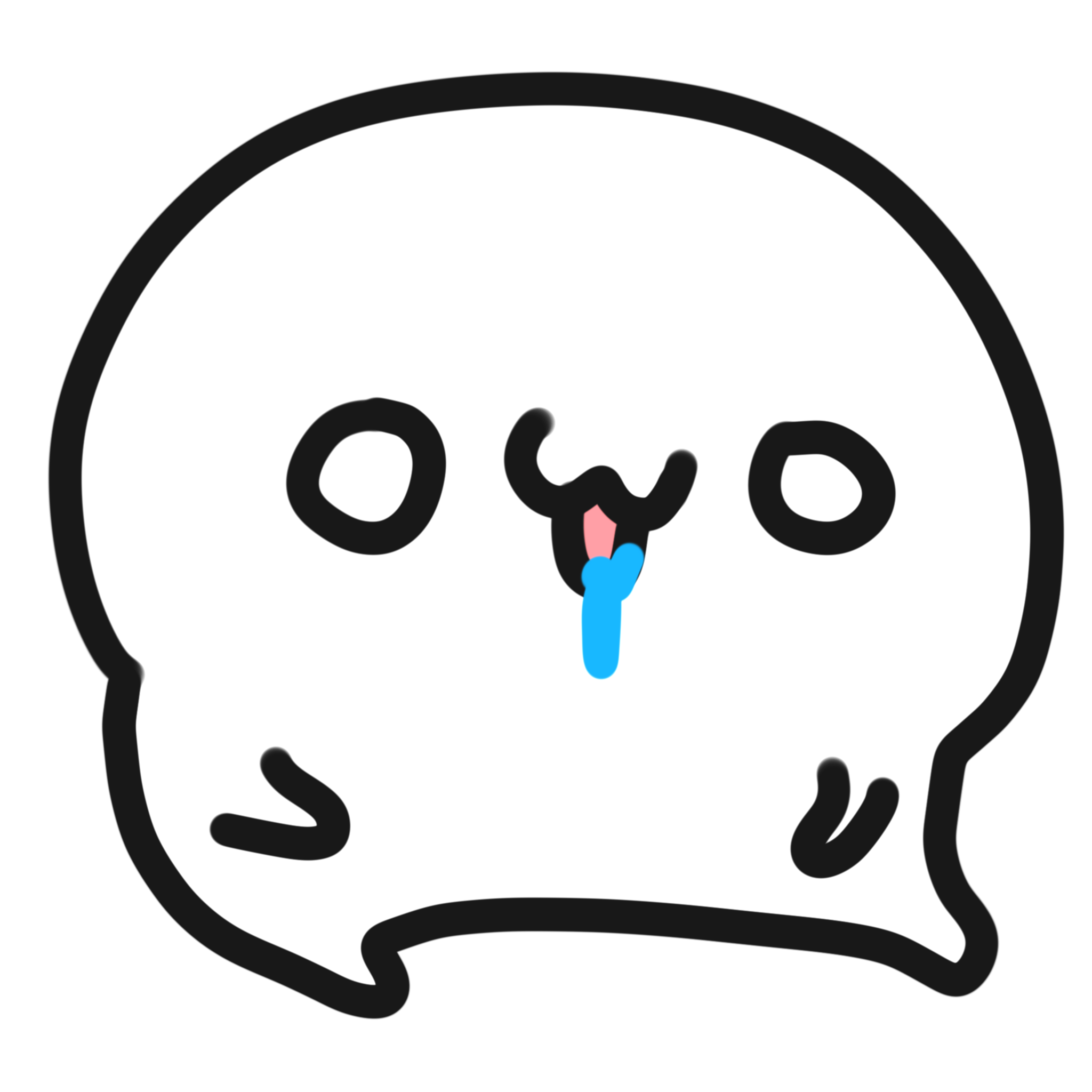掲示板 Forums - Hmm...
Top > 日本語を勉強しましょう / Let's study Japanese! > Anything About Japanese Getting the posts
Top > 日本語を勉強しましょう / Let's study Japanese! > Anything About Japanese
When you think about it, there are many similarities between Japanese and English. Tell me some you noticed, and which one you think came first. English, or Japanese.
Hehe cheese. There are many loan words, プール, ケーキ, many others.... I don't think English has a lot of loan words though... At least not ones that I have heard, and my main language (forgot what to call my first language? Lol idk... ) is English, but you do learn new things everyday...
) is English, but you do learn new things everyday... soooo idk
soooo idk

Pretty much all languages are similar in that regard, especially with english, since it's the most "universal" language we have, so most other languages end up borrowing some words from it.
altought Japanese also has borrowed words from other languages too, like パン, wich I think is closer to portuguese "pão" than to the english "bread" (idk the origin of it tho, just tought on portuguese because it's the language I speak, and also because I know the european portuguese ended up in Japan at some point, so I assume it's not a long stretch to make)
@パイロー well I know that in Spanish, pan does mean bread, I'm sure in other languages pan also means bread, I just forgot which other ones.
altought Japanese also has borrowed words from other languages too, like パン, wich I think is closer to portuguese "pão" than to the english "bread" (idk the origin of it tho, just tought on portuguese because it's the language I speak, and also because I know the european portuguese ended up in Japan at some point, so I assume it's not a long stretch to make)
I'm almost certain "pan" is also derivative of the Latin word for bread, but I'm not 100% sure. It seems like a lot of European languages used the same general spelling for bread with a few variations.
It is borrowed from Portuguese. I think in Korean it's also pan, but I don't know much Korean, only what I picked up from K dramas  If I remember right, something like 10% of Japanese vocabulary is borrowed from other languages (not including the integrated Chinese vocabulary). I think the Dutch and Portuguese were some of the earlier Europeans to do trading and stuff with Japan, so there's some vocabulary from them that's been used for so long they don't even write it in katakana sometimes.
If I remember right, something like 10% of Japanese vocabulary is borrowed from other languages (not including the integrated Chinese vocabulary). I think the Dutch and Portuguese were some of the earlier Europeans to do trading and stuff with Japan, so there's some vocabulary from them that's been used for so long they don't even write it in katakana sometimes.
English has tons of loan words, a large portion of them from French, but they are taken from many other languages as well, including Japanese.
I looked and found some English words borrowed from Japanese, including some I had no idea were from Japanese. Most are just words for Japanese things (like anime or sushi), or Japanese words from Chinese for things originating from China (like ramen or bonsai).
Some notable borrowed words I found were: tycoon (like business tycoon) from 大君 (taikun), soy from 醤油 (shouyu), emoji from 絵文字 (emoji), honcho (like head honcho) from 班長 (hanchou), rickshaw from 人力車 (jinrikisha), tsunami from 津波 (tsunami), karaoke from カラオケ (karaoke).
Also some words for Japanese things aren't really used the for the same thing in Japanese as they are in English. Some examples are: futon from 布団 (futon) because in English couches that turn into beds are called futons but in Japan it's specifically futon bedding, katana from 刀 (katana) because in English it specifically refers to Japanese katanas but in Japanese katana can refer to other swords, koi from 鯉 (koi) because in English it's specifically koi carp whereas in Japanese it refers to any carp.
I couldn't find any others. There aren't very many I guess.
karaoke from カラオケ (karaoke).
...
I couldn't find any others. There aren't very many I guess.
About karaoke, that in part derives from orchestra, if I'm not mistaken, so a loanword got incorporated into a different word which became a loanword in another language...~ Fun things like that crop up sometimes...~
Also you didn't mention "typhoon" which I believe is from 台風 (taifuu), so there's another...~
Ah. I was wondering why it was katakana. But, the whole word itself is a Japanese creation from what I can see, so still from Japanese technically.
I forgot about typhoon. I don't think it was in the list I read for some reason. Although, from what I can find it looks like maybe they're not sure of the exact origins, it might be directly from Chinese. Maybe that's why it wasn't included 
Sunday vs 日曜日 meaning the exact same thing in both ways is one of my favorite linguistic fun facts
So. We start with the Romans. They named their days of the week after gods and the celestial body associated with that god. When this culture got exchanged with Germanic peoples, they substituted Germanic gods for Roman one (ex Tyr replaced Mars became Tyrsday became Tuesday). But they kept Sunday = the ☀️ Rome also exchanged this culture with China, who kept the planet/celestial names and then exchanged those with Japan. That's why 火曜日 uses 火 like from 火星 / Mars.
So Sunday = 日曜日 = ☀️